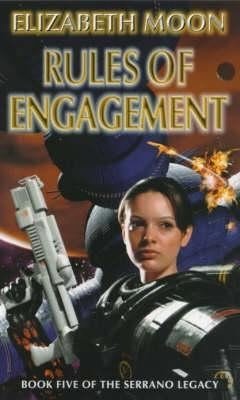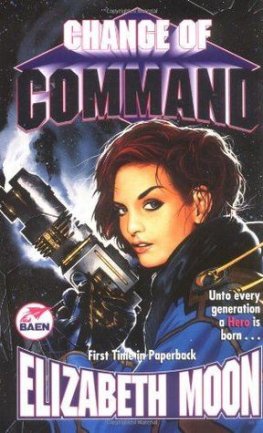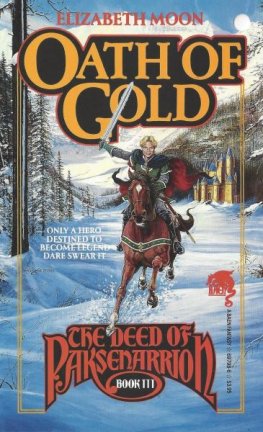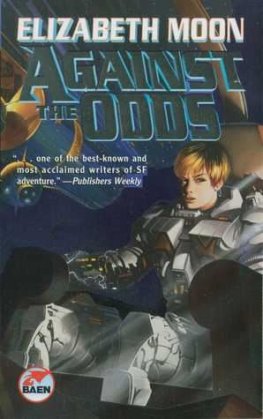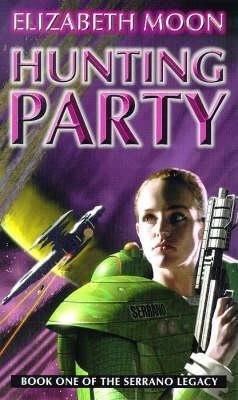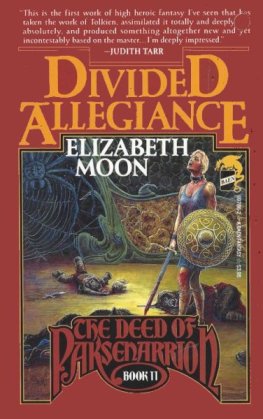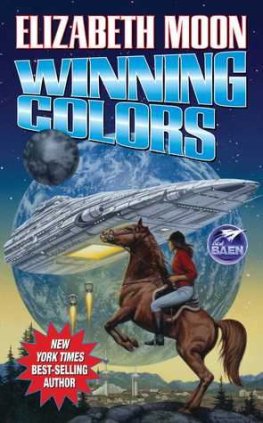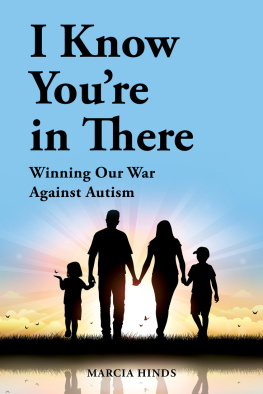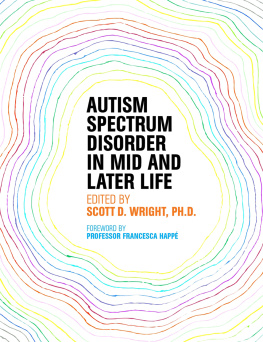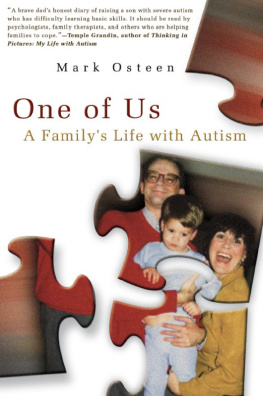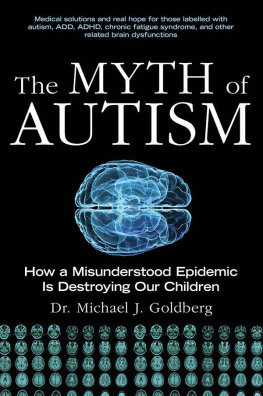ACKNOWLEDGMENTS
Among the people who helped most in research for this book were the autistic children and adults and the families of autists who over the years have communicated with meby their writings, in person, on the Internet. In the planning stages of this book, I distanced myself from most of these sources (unsubscribing from mailing lists and news groups, et cetera) to protect the privacy of those individuals; a normally spotty memory made it unlikely that any identifiable details would survive several years of noncontact. One of those individuals chose to stay in e-mail contact; for her generosity in discussing issues related to disability, inclusion, and the perception of nonautistic persons I am always in her debt. However, she has not read this book (yet) and is not responsible for anything in it.
Of the writers in this field, I am most indebted to Oliver Sacks, whose many books on neurology are informed with humanity as well as knowledge, and Temple Grandin, whose inside view of autism was invaluable (and especially accessible to me since my lifelong interest in animal behavior overlaps her expertise). Readers who are particularly interested in autism might want to look at the reading list on my Web site.
J. Ferris Duhon, an attorney with extensive experience in employment law, helped me design a plausible near-future business and legal climate as it related to employment of persons labeled disabled; any remaining legal pratfalls are my fault, not his. J.B., J.H., J.K., and K.S. contributed insights into the corporate structure and the internal politics of large multinational corporations and research institutions; for obvious reasons they preferred not to be identified more fully. David Watson provided expert advice on fencing, historical re-creation organizations, and the protocol of tournaments. Again, any errors in any of this are my fault, not theirs.
My editor, Shelly Shapiro, provided exactly the right blend of freedom and guidance, and my agent, Joshua Bilmes, sustained the effort with his belief that I could actually do this.
ABOUT THE AUTHOR
ELIZABETH MOON is a native Texan who grew up two hundred and fifty miles south of San Antonio. After earning a degree in history from Rice University, she spent three years in the Marine Corps, then earned a degree in biology from the University of Texas, Austin. She is intimately acquainted with autism, through the raising of an autistic son, now a teenager. The author of a number of previous novels, including the Hugo Award finalist Remnant Population, she lives in Florence, Texas.
CHAPTER ONE
Questions, always questions. They didnt wait for the answers, either. They rushed on, piling questions on questions, covering every moment with questions, blocking off every sensation but the thorn stab of questions.
And orders. If it wasnt, Lou, what is this? it was, Tell me what this is. A bowl. The same bowl, time after time. It is a bowl and it is an ugly bowl, a boring bowl, a bowl of total and complete boring blandness, uninteresting. I am uninterested in that uninteresting bowl.
If they arent going to listen, why should I talk?
I know better than to say that out loud. Everything in my life that I value has been gained at the cost of not saying what I really think and saying what they want me to say.
In this office, where I am evaluated and advised four times a year, the psychiatrist is no less certain of the line between us than all the others have been. Her certainty is painful to see, so I try not to look at her more than I have to. That has its own dangers; like the others, she thinks I should make more eye contact than I do. I glance at her now.
Dr. Fornum, crisp and professional, raises an eyebrow and shakes her head not quite imperceptibly. Autistic persons do not understand these signals; the book says so. I have read the book, so I know what it is I do not understand.
What I havent figured out yet is the range of things they dont understand. The normals. The reals. The ones who have the degrees and sit behind the desks in comfortable chairs.
I know some of what she doesnt know. She doesnt know that I can read. She thinks Im hyperlexic, just parroting the words. The difference between what she calls parroting and what she does when she reads is imperceptible to me. She doesnt know that I have a large vocabulary. Every time she asks what my job is and I say I am still working for the pharmaceutical company, she asks if I know what pharmaceutical means. She thinks Im parroting. The difference between what she calls parroting and my use of a large number of words is imperceptible to me. She uses large words when talking to the other doctors and nurses and technicians, babbling on and on and saying things that could be said more simply. She knows I work on a computer, she knows I went to school, but she has not caught on that this is incompatible with her belief that I am actually nearly illiterate and barely verbal.
She talks to me as if I were a rather stupid child. She does not like it when I use big words (as she calls them) and she tells me to just say what I mean.
What I mean is the speed of dark is as interesting as the speed of light, and maybe it is faster and who will find out?
What I mean is about gravity, if there were a world where it is twice as strong, then on that world would the wind from a fan be stronger because the air is thicker and blow my glass off the table, not just my napkin? Or would the greater gravity hold the glass more firmly to the table, so the stronger wind couldnt move it?
What I mean is the world is big and scary and noisy and crazy but also beautiful and still in the middle of the windstorm.
What I mean is what difference does it make if I think of colors as people or people as sticks of chalk, all stiff and white unless they are brown chalk or black?
What I mean is I know what I like and want, and she does not, and I do not want to like or want what she wants me to like or want.
She doesnt want to know what I mean. She wants me to say what other people say. Good morning, Dr. Fornum. Yes, Im fine, thank you. Yes, I can wait. I dont mind.
I dont mind. When she answers the phone I can look around her office and find the twinkly things she doesnt know she has. I can move my head back and forth so the light in the corner glints off and on over there, on the shiny cover of a book in the bookcase. If she notices that Im moving my head back and forth she makes a note in my record. She may even interrupt her phone call to tell me to stop. It is called stereotypy when I do it and relaxing her neck when she does it. I call it fun, watching the reflected light blink off and on.
Dr. Fornums office has a strange blend of smells, not just the paper and ink and book smell and the carpet glue and the plastic smell of the chair frames, but something else that I keep thinking must be chocolate. Does she keep a box of candy in her desk drawer? I would like to find out. I know if I asked her she would make a note in my record. Noticing smells is not appropriate. Notes about noticing are bad notes, but not like bad notes in music, which are wrong.
I do not think everyone else is alike in every way. She has told me that Everyone knows this and Everyone does that, but I am not blind, just autistic, and I know that they know and do different things. The cars in the parking lot are different colors and sizes. Thirty-seven percent of them, this morning, are blue. Nine percent are oversize: trucks or vans. There are eighteen motorcycles in three racks, which would be six apiece, except that ten of them are in the back rack, near Maintenance. Different channels carry different programs; that would not happen if everyone were alike.
When she puts down the phone and looks at me, her face has that look. I dont know what most people would call it, but I call it the I AM REAL look. It means she is real and she has answers and I am someone less, not completely real, even though I can feel the nubbly texture of the office chair right through my slacks. I used to put a magazine under me, but she says I dont need to do that. She is real, she thinks, so she knows what I need and dont need.
Next page

